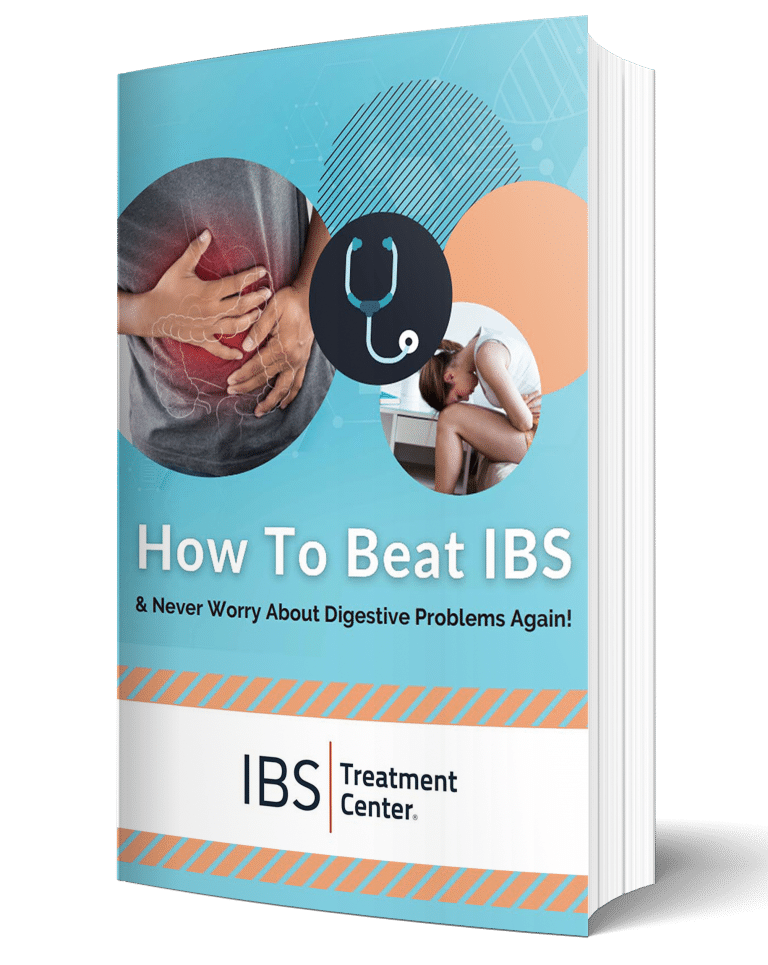(Image thanks to blog.fooducate.com)
Fiber can be soluble, meaning that it partially dissolves in water, or insoluble, meaning that it doesn’t.
Although neither type typically cures IBS, soluble fiber (which is also called viscous fiber, and is found in foods such as oatmeal, okra, or legumes, such as garbanzo beans) can be helpful in treating IBS symptoms, especially constipation and diarrhea. Insoluble fiber is more of a “scratchy” fiber; it adds bulk to the stool. A good example of insoluble fiber is celery.
Soluble fiber forms a thick gel that helps to properly form the stool in the digestive tract and move it through the bowel; it also adds bulk to the stool. Because it slows the stool’s transit time, it helps to prevent diarrhea. Soluble fiber also prevents constipation, because the colon becomes filled with gel, as opposed to being clenched tightly around dry, hard stools.
Basically, fiber moves bulk through the intestines and helps to balance the pH (acidity) level in the intestines. It is also helps to keep healthy the good bacteria that live in your digestive tract. In particular, one type of plant fiber, fructooligosaccharides (FOS), feed these good bacteria.
You can also supplement your diet with FOS – more information on our Digestive Aids and Healing Products Page.

Dr. Wangen is the founder and medical director of the IBS Treatment Center, the award winning author of two books, and a nationally recognized speaker on digestive disorders. He has been on ABC, NBC, and Fox as well as public radio, and was named one of Seattle’s Top Doctors by Seattle Magazine.

